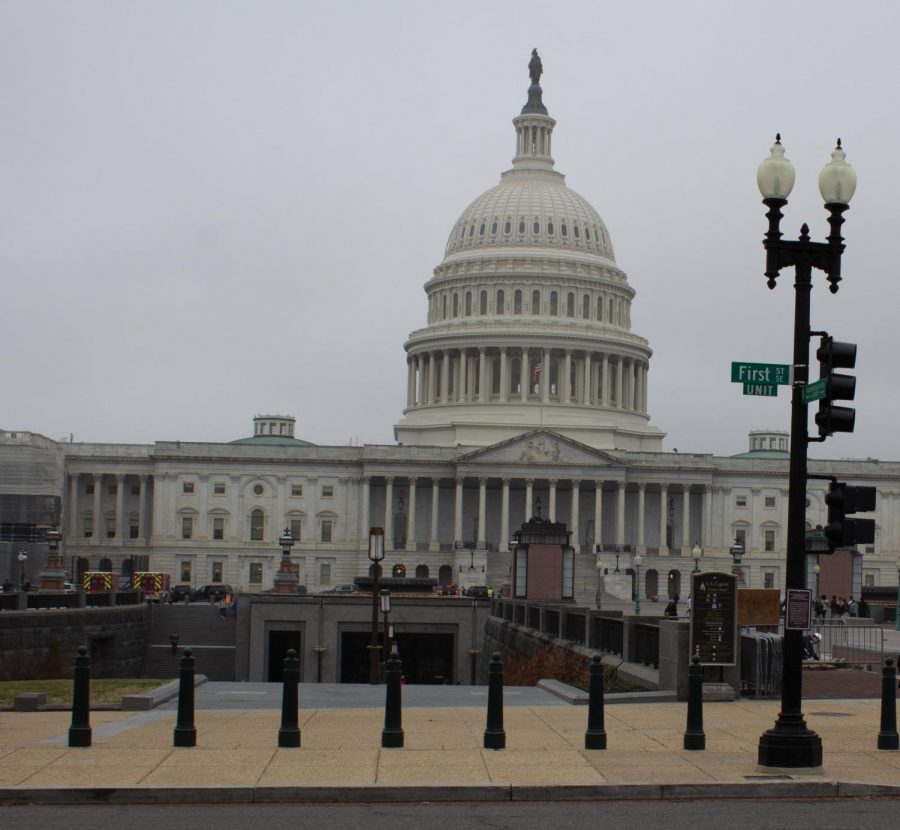Have you ever stopped to question whether people who volunteer abroad are doing more harm than good? Many people point to “voluntourism” as an example of privileged people using volunteering to address their own needs and not those of the group in need. Voluntourism is a booming business charging people thousands of dollars to travel to developing countries to do volunteer work.
Volunteering is generally seen as an act of generosity. But in the world we live in, some argue that everything we do in our lives is out of our own self-interest. Even when we do something for another person, they argue that we do it for the good feeling it gives ourselves.
This idea is not new. Seventeenth century philosopher Thomas Hobbes believed that all people are purely egoistic beings who only act out of self-interest. When Hobbes was seen giving money to a beggar, he was asked how this was an act of self-interest. His response was that he was trying to relieve his own discomfort at seeing the beggar in need.
Those who recognize Hobbes’ ideas as valid are quick to jump on volunteers for not being truly selfless. Instead of taking home money or some other form of materialistic possession, volunteers take home self-fulfillment. Many argue that voluntourists’ reason for going on the trips is to see the world and gain experience rather than help improve conditions in the countries they visit.
But that raises the question: even if the reasons some voluntourists go on these trips are selfish, at least they’re going, right? Isn’t that better than sitting at home and doing nothing? And it is important to recognize the intention of voluntourists. Many have a sincere interest in improving the lives of those struggling. However, many researchers and journalists are currently questioning the value of going on the trip at all. They argue that many voluntourists are not really helping, and that there are more effective ways to help these developing countries. If these voluntourists truly want to help others and not just gain personal experience, they would engage in other, more effective ways that do not involve traveling to the developing country.
It seems as though, a lot of times, focusing on yourself is unavoidable. Even when we put all our energy into focusing on others, certain aspects of our efforts can appear selfish. So if focusing on yourself really is unavoidable, why does that have to be a bad thing?
Volunteering is not the one-way-street people often consider it to be. The group of people in need are not the only ones who benefit from the experience. During service, volunteers gain a personal, up-close understanding of how other people around the world are living. This changes their perspective on the world, and in life in general. With an understanding of the true value of your actions, volunteering can be a positive, life-changing experience for everyone involved.










